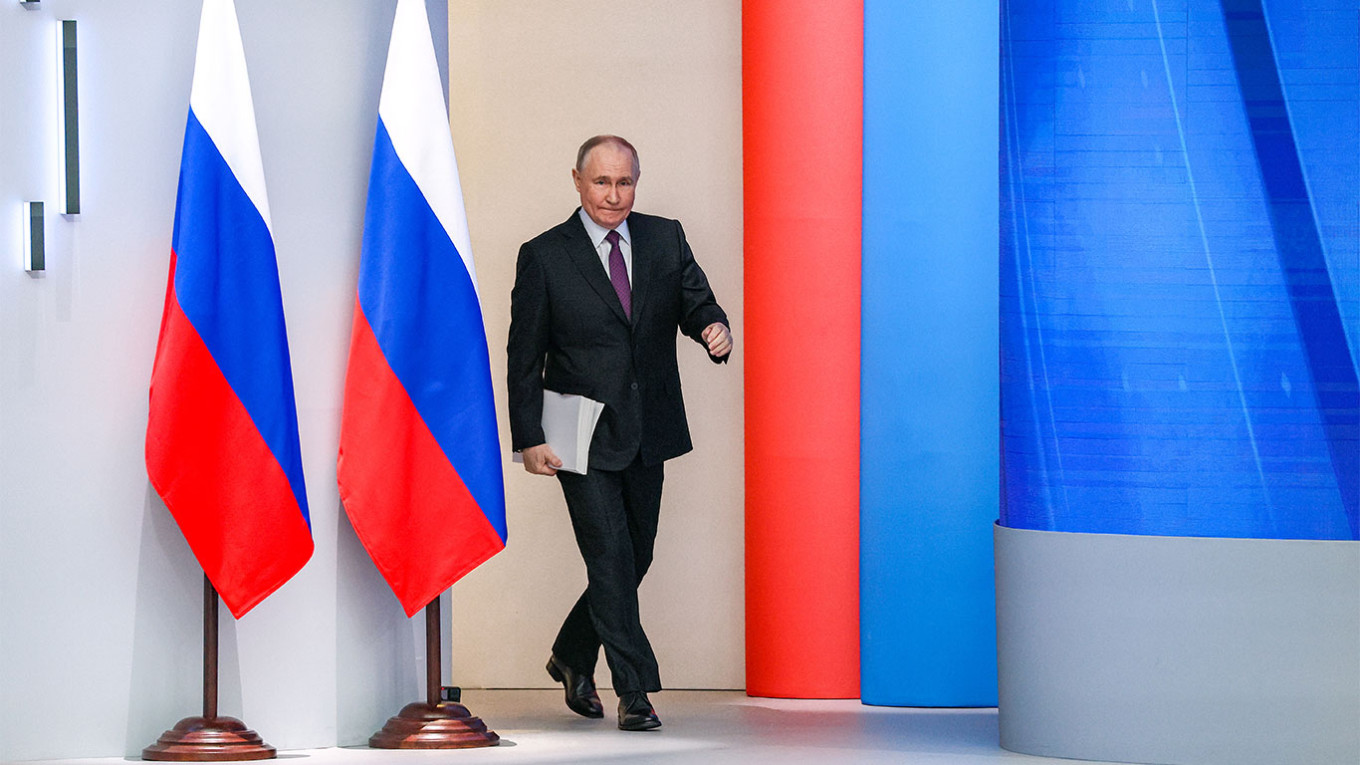Already a subscriber? Make sure to log into your account before viewing this content. You can access your account by hitting the “login” button on the top right corner. Still unable to see the content after signing in? Make sure your card on file is up-to-date.
Russia’s President Vladimir Putin has secured a fifth term after election results were revealed over the weekend.
According to Russia’s Election Committee, Putin secured 87.8% of the vote. At 71, Putin’s continuation in office sets a record, positioning him to surpass Joseph Stalin as Russia’s longest-serving leader in over two centuries.
🇷🇺 Putin's victory speech on the Red Square! (Translated) pic.twitter.com/UnEbhrj8ni
— DD Geopolitics (@DD_Geopolitics) March 18, 2024
The election victory was met with a mix of reactions globally. Allies of Russia, including China, Iran, and Venezuela, extended congratulations to Putin. Dmitry Medvedev, deputy chairman of Russia’s Security Council, and other pro-Russian figures praised Putin’s leadership and the election’s outcome. On the other hand, Western leaders and entities have criticized the election process. The EU Foreign Policy Chief, Josep Borrell, along with leaders from the UK, Italy, and the Czech Republic, highlighted the absence of free and fair conditions, citing a lack of genuine opposition and international observers, as well as repressive tactics against political dissent.
The White House, along with Ukraine’s President Volodymyr Zelenskyy and the German foreign ministry, denounced the election as neither free nor fair, pointing to authoritarian practices by Putin’s regime. UK Foreign Secretary David Cameron and Italy’s Foreign Minister Antonio Tajani echoed these sentiments, emphasizing a flawed electoral process.
Despite the international outcry, some leaders expressed a willingness to maintain or strengthen ties with Russia. India’s Prime Minister Narendra Modi looked forward to enhancing the “special” relationship between India and Russia.






